Europe: Direct flights Rome
London, Amsterdam, Brussels, Rome, Lisbon, Istanbul, Doha, Dubai, Beirut, and Cairo
Travel and Business Guide to Rome, Italy, especially for travelers from Ghana or the broader West African region — whether you're headed to Rome for business, diplomatic travel, education, or leisure. This guide is styled to be informative, culturally aware, and practical for your planning.
🇮🇹 Rome, Italy: A Travel and Business Guide for Visitors from Ghana and West Africa
Rome — the Eternal City — is not just a destination but an experience. With its millennia of history, artistic legacy, religious significance, and status as a European business and political hub, Rome offers a rich blend of ancient wonder and modern connectivity. It’s also home to the Vatican, making it a key center for diplomacy and faith.
For travelers from Accra or elsewhere in West Africa, Rome presents a unique opportunity to explore Europe's cultural heart while building new academic, commercial, or governmental ties.
✈️ Flying from Ghana to Rome
Flight Options
There is a direct flights operated by ITA Airways, Italy’s national airline, from and to Accra (Kotoka International Airport - ACC) to Rome (Leonardo da Vinci–Fiumicino Airport - FCO).
Popular on stop, optional airlines include:
Turkish Airlines (via Istanbul)
Royal Air Maroc (via Casablanca)
TAP Air Portugal (via Lisbon)
Qatar Airways (via Doha)
Air France (via Paris)
Brussels Airlines (via Brussels)
Flight Duration: Approx. 8–12 hours, depending on connection.
Visa Information
Ghanaian citizens require a Schengen visa to enter Italy. It's advisable to apply at least 3–4 weeks in advance via the Italian Embassy in Accra or through VFS Global.
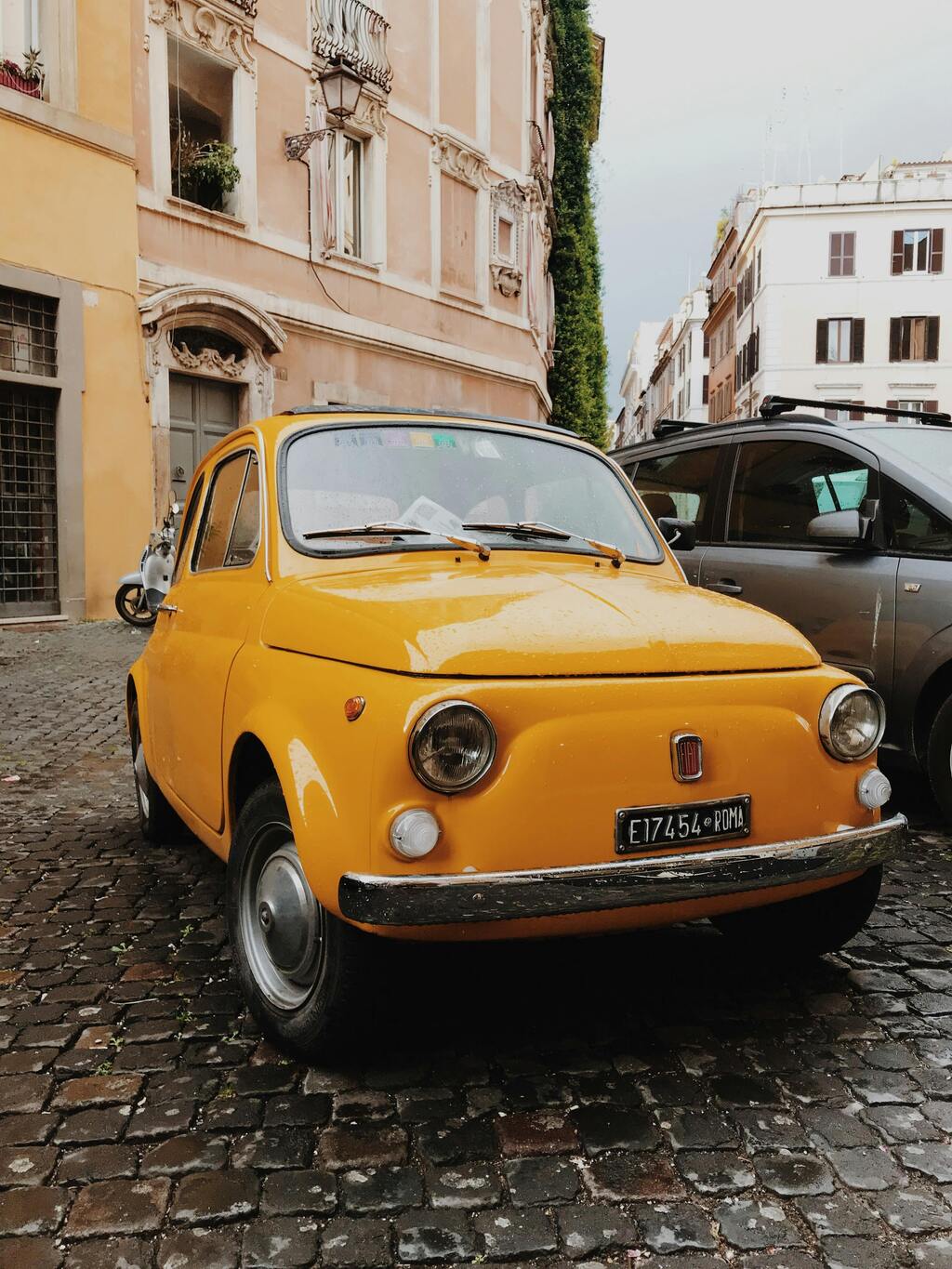
🌍 Why Rome Appeals to West African Travelers
Cultural & Religious Significance: Rome is the seat of the Catholic Church and home to the Vatican, making it a key destination for pilgrimage and religious diplomacy.
Business & Trade: Rome hosts numerous international summits, NGO headquarters, and EU-affiliated institutions.
Education & Research: Italy welcomes thousands of African students each year in fields like medicine, architecture, engineering, and humanities.
Tourism: A global icon of ancient civilization, Rome offers legendary sites like the Colosseum, Roman Forum, and Pantheon.
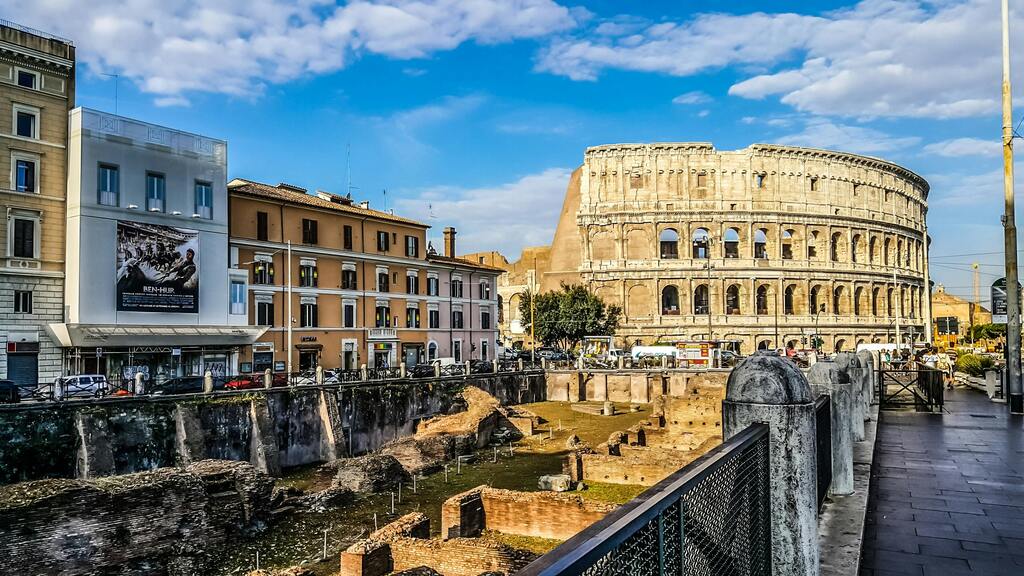
🏛️ Top Attractions in Rome
1. Ancient Rome
Colosseum – One of the New Seven Wonders of the World, the Colosseum is Rome’s most iconic structure.
Roman Forum – Walk the paths of ancient senators and emperors.
Palatine Hill – Birthplace of Rome and the legendary home of Romulus and Remus.
2. Vatican City
St. Peter’s Basilica – The spiritual center of the Catholic world.
The Vatican Museums – Home to Michelangelo’s Sistine Chapel, priceless artworks, and religious history.
St. Peter’s Square – A place of mass gatherings and papal blessings.
3. City Landmarks
Pantheon – A 2,000-year-old temple turned church with a perfect dome.
Trevi Fountain – Toss a coin in and wish to return!
Piazza Navona – Baroque architecture, fountains, artists, and cafes.
Spanish Steps – A famous meeting point and photo spot.
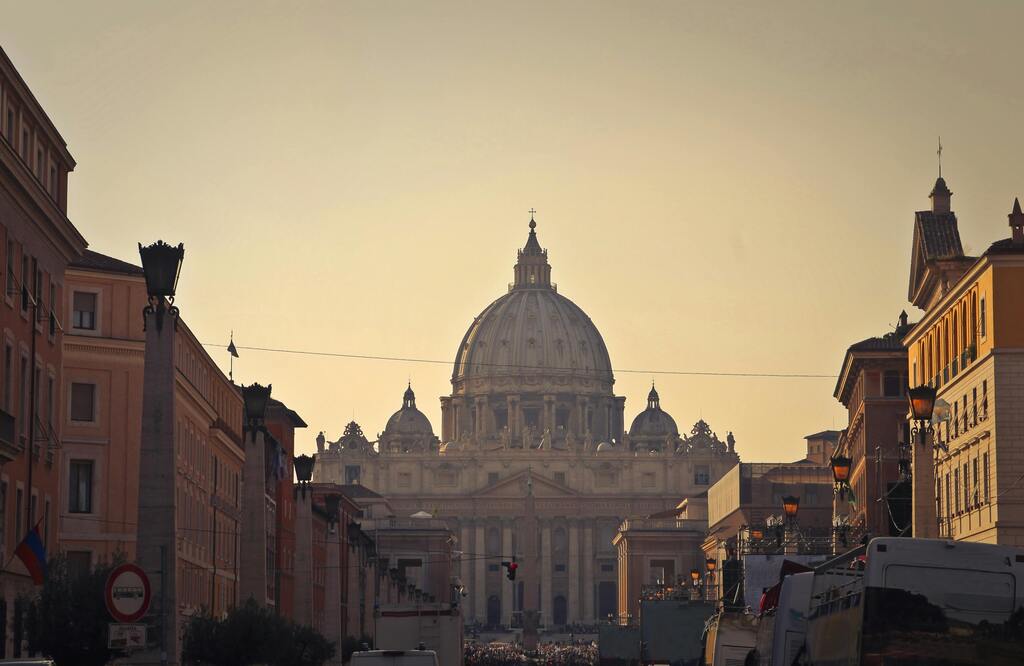
🏨 Where to Stay in Rome
Luxury
Hotel de Russie – A celebrity-favorite with gardens and fine dining near Piazza del Popolo.
Rome Cavalieri, A Waldorf Astoria Hotel – Famous for its art collection and panoramic views.
Hotel Eden – Elegant and centrally located, with top-tier service.
Mid-Range
Hotel Artemide – Excellent service, spa, and location near Termini Station.
Albergo del Senato – Overlooking the Pantheon, perfect for first-timers.
Rome Times Hotel – A stylish boutique hotel close to major sites.
Budget-Friendly
The Beehive – Eco-conscious, cozy, and popular among solo travelers.
Hotel Santa Maria – Hidden gem in Trastevere with a peaceful courtyard.
Generator Rome – A trendy hostel with private room options.
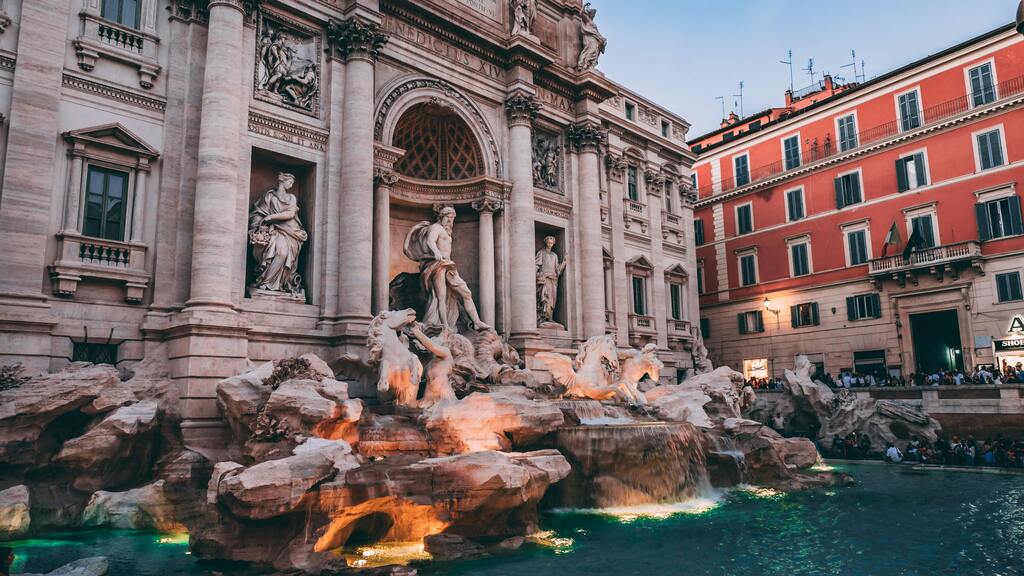
🍽️ Where to Eat: A Culinary Journey
Traditional Roman Cuisine
Trattoria Da Enzo al 29 – For real Roman pasta dishes like carbonara, cacio e pepe, and amatriciana.
Roscioli – A deli, restaurant, and wine bar with fine Roman and Italian dishes.
Armando al Pantheon – Family-run and loved by locals.
Halal & African Cuisine
Ristorante Somalia – East African dishes like rice, stews, and grilled meat.
Little Addis – Great for Ethiopian food near Termini.
African Kene – A Ghanaian-owned restaurant serving classic jollof, waakye, and soups.
Gelato & Coffee
Giolitti – One of Rome’s oldest and best-loved gelaterias.
Sant’Eustachio Il Caffè – Historic café known for its strong espresso.
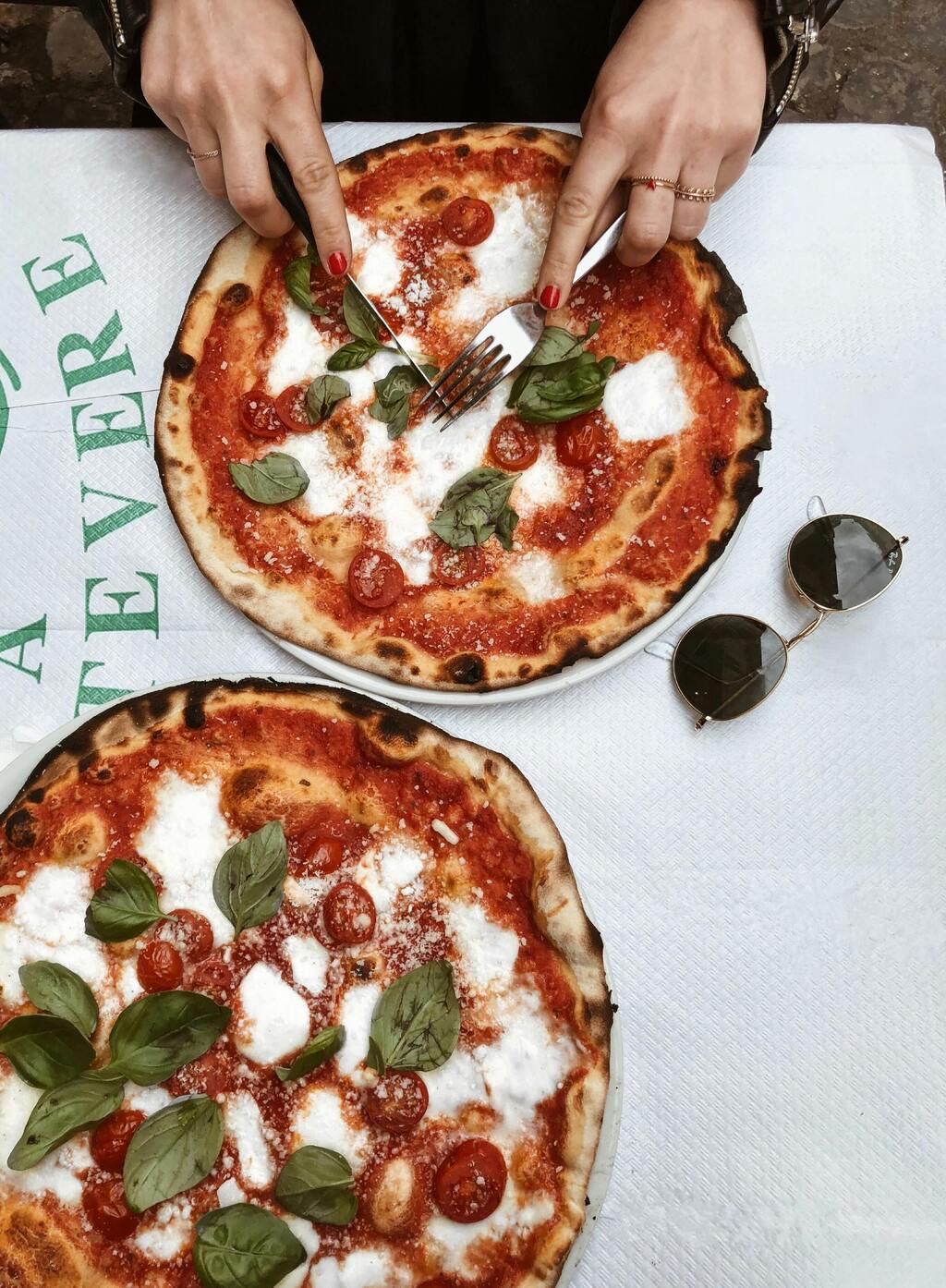
💼 Doing Business in Rome
Key Sectors
Government & Diplomacy – Rome hosts major embassies, consulates, and UN agencies (like FAO, IFAD, WFP).
Tourism & Culture – A €40B+ industry.
Fashion & Design
Agribusiness & Food Tech
Renewable Energy & Infrastructure
Business Etiquette
Appointments should be scheduled well in advance.
Italians value relationship-building and personal trust.
Dress smartly and professionally.
English is widely spoken in business circles, but Italian is preferred — having a translator can help.
Useful Tip
Rome’s pace is slightly slower than northern cities like Milan — expect long lunches and negotiations over coffee.

🛍️ Shopping in Rome
Via del Corso – Affordable global fashion brands.
Via dei Condotti – High-end designer boutiques like Gucci, Prada, and Armani.
Campo de’ Fiori & Trastevere – Markets and artisan crafts.
Porta Portese – Rome’s largest Sunday flea market.
🚇 Getting Around Rome
Metro: 3 main lines (A, B, C) — clean and fast, but limited compared to other European capitals.
Buses & Trams: Extensive but can be crowded during peak hours.
Walking: Many sites are walkable and best enjoyed on foot.
Taxis & Apps: Use FreeNow or local taxis. Uber is available but limited.
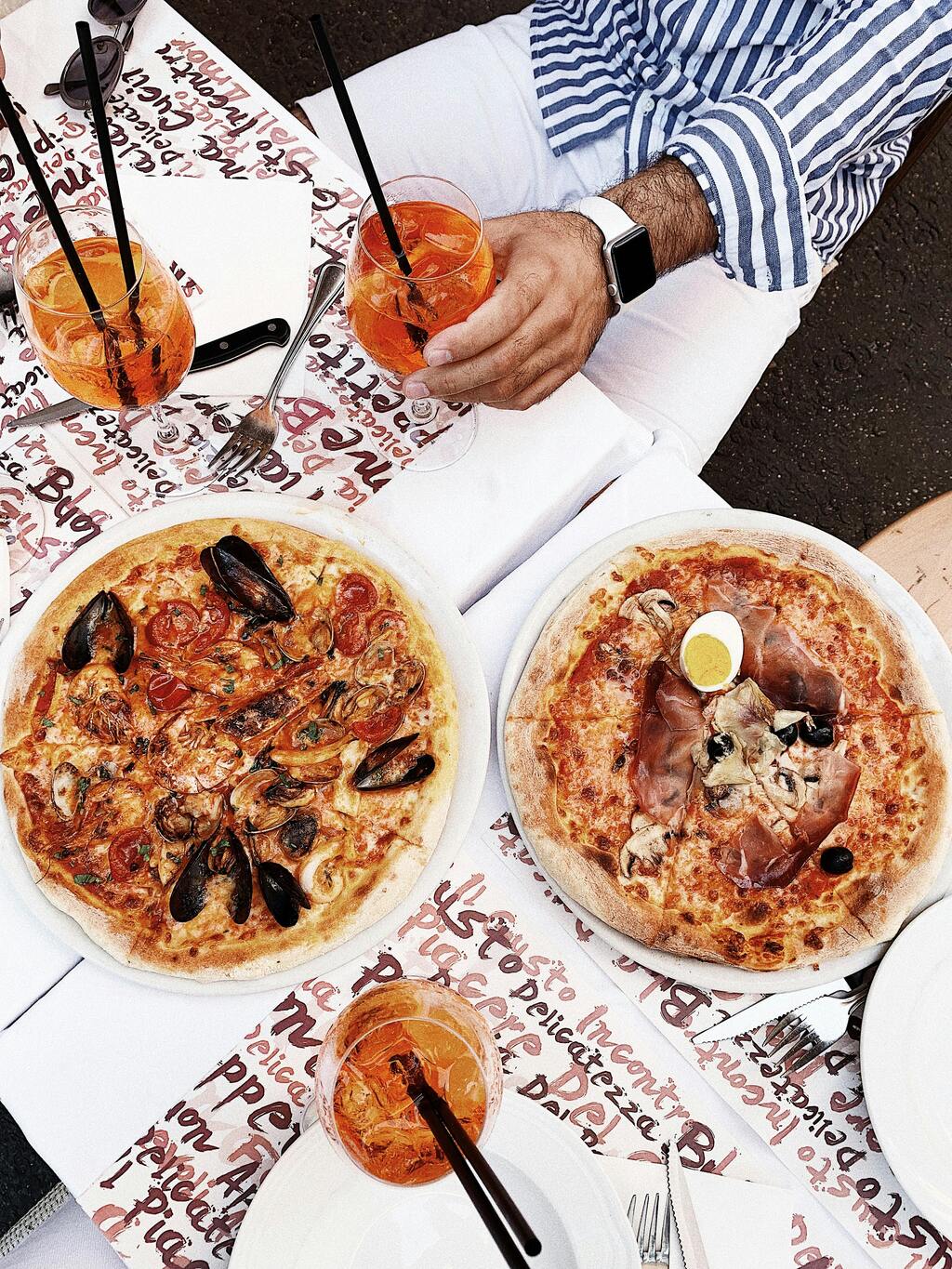
📅 Best Time to Visit
Spring (April–June) and Autumn (September–October) – Pleasant weather, fewer crowds.
Summer (July–August) – Hot and crowded; locals leave the city for holidays.
Religious Seasons: Easter and Christmas are vibrant but busy periods, especially around the Vatican.
🕊️ Rome’s Diplomatic & Religious Role
For those in religious, diplomatic, or NGO circles, Rome is particularly relevant:
Vatican City: Seat of the Pope and global Catholic leadership.
United Nations Agencies: Headquarters of the Food and Agriculture Organization (FAO), World Food Programme (WFP), and International Fund for Agricultural Development (IFAD) — important for African food security partnerships.
Embassies & Cultural Institutes: Rome hosts embassies for most West African nations, including Ghana.
✅ Conclusion: Rome — Timeless, Global, Strategic
For travelers from Ghana and the West African region, Rome is more than a tourist attraction — it’s a cultural crossroads, a diplomatic powerhouse, and a gateway to European opportunity. Whether you’re coming to explore the past, connect in the present, or build for the future, Rome welcomes you with open arms and centuries of experience.